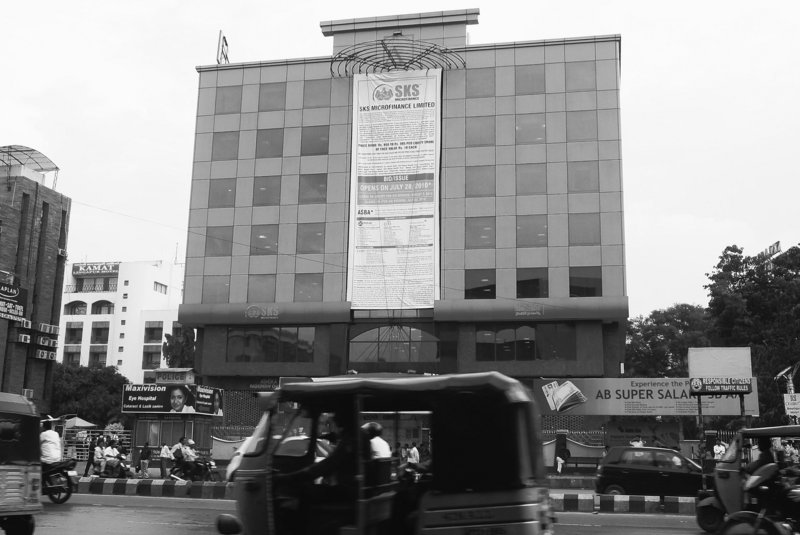MUMBAI, India – An Indian company that makes tiny loans to villagers aims to raise up to $354 million in an initial public offering, a move critics fear will encourage India’s largest microfinance lender to put shareholders above the poor it serves.
SKS Microfinance’s share sale, launched Wednesday, has already drawn the ire of one of the leading lights in the field. A publicly traded company’s traditional obligation is to make money for its shareholders, while the mission of microfinance — loans typically under $200 for starting businesses that banks won’t make — is to lift people out of poverty.
Some say those are irreconcilable objectives. Others argue it is possible to serve two bottom lines simultaneously, reaping both financial and societal rewards. Either way, SKS’s IPO — the first in India and the third worldwide — is likely to set a trend. Other Indian microfinance lenders are watching and waiting to see whether they too should tap capital markets.
“This is pushing microfinance in the loansharking direction,” Muhammad Yunus, who was awarded the Nobel Peace Prize for his work at established microfinance lender Grameen Bank, told The Associated Press. “It’s not mission drift. It’s endangering the whole mission.
“offering an IPO, you are sending a message to the people buying the IPO there is an exciting chance of making money out of poor people. This is an idea that is repulsive to me,” he said. “Microfinance is in the direction of helping the poor retain their money rather than redirecting it in the direction of rich people.”
Advocates of commercialization say tapping capital markets and the deep pockets of private equity investors is the only way to get enough funding to sustainably serve billions of people without access to credit. Demand for microfinance funds in India in 2008 exceeded supply by $47.1 billion.
The backers of SKS include venture capital funds Sequoia Capital and Sandstone Capital, George Soros and Infosys chief mentor N R Narayana Murthy, considered an august and ethical figure in Indian business.
SKS set a price band of $18.20 to $21.10 per share, valuing the company up to $1.6 billion. It has raised $63.7 million from anchor investors including Goldman Sachs and JP Morgan.
That’s a lot of zeros for a company that started out as a nonprofit, and aims to be the Coca-Cola of financial services, with a mission to lift 6.8 million families out of poverty one $43 loan at a time.
It has grown at breakneck speed — looking to Starbucks for inspiration — adding 55 branches and over 200,000 borrowers a month in the year ended March. Its 21,154 employees today serve 90,000 villages.
The company is now looking to monetize that distribution network.
SKS has tied up with Nokia, Bharti Airtel, and German food wholesaler Metro to provide customers with loans to buy their products. It has also sold 12.5 million life insurance policies for Bajaj Allianz and Birla Life.
SKS maintains there is no way it could have helped so many people so quickly without tapping commercial funding.
“What we have done as a new generation of microfinance has actually shown that through a commercial approach you can actually raise significantly more capital and put more money into the hands of more poor women,” chairman Vikram Akula — who made over $10 million from selling a stake in the company in April — told India’s CNBC-TV 18 Wednesday. “In so doing, we actually think there is no conflict between the social and the commercial.”
Send questions/comments to the editors.



Success. Please wait for the page to reload. If the page does not reload within 5 seconds, please refresh the page.
Enter your email and password to access comments.
Hi, to comment on stories you must . This profile is in addition to your subscription and website login.
Already have a commenting profile? .
Invalid username/password.
Please check your email to confirm and complete your registration.
Only subscribers are eligible to post comments. Please subscribe or login first for digital access. Here’s why.
Use the form below to reset your password. When you've submitted your account email, we will send an email with a reset code.